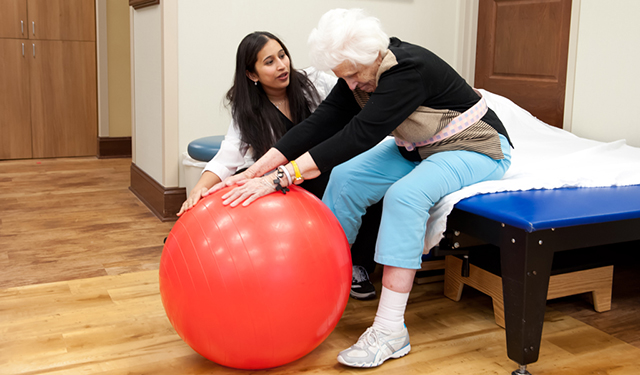Building Psychological Resilience to Maximize Outcomes in Sports Treatment
Wiki Article
Cognitive fortitude is an crucial attribute that can measurably improve results in physical treatment. Athletes often encounter conditions that involve time away from their sport, which can be both bodily and mentally straining. Mental resilience refers to the ability to remain robust and resilient in the face of obstacles. It helps athletes cope with the pressure of rehabilitation, stay focused on their goals, and maintain motivation throughout the healing process. By developing psychological strength, patients can enhance their recovery experience and return to their sport more capable than before.

One key aspect of building psychological strength is setting realistic objectives. When sportspeople are recovering, it is important for them to have structured, achievable objectives during their rehabilitation. These goals should be precise, quantifiable, realistic, meaningful, and time-specific (goal-setting) principles. For example, instead of saying “I want to get better soonâ€, an individual might set a goal like “I aim to do my rehab sessions thrice weekly for the next monthâ€. This helps patients assess their progress and keep their concentration on what they can manage, reducing feelings of disappointment or negativity.
Another crucial factor in developing psychological endurance is maintaining a uplifting mindset. Recovering individuals should practice affirmative thinking and guided imagery to foster a resilient mental environment. Self-reinforcing language involves replacing limiting thoughts with empowering statements. For instance, instead of thinking “This is too hardâ€, an patient could tell themselves “I’m getting stronger with every stepâ€. Imagery can also be beneficial; individuals can imagine themselves performing well in their activity as they heal. These practices help build self-belief and reinforce the belief that healing is possible.
Support systems play a critical role in fostering emotional toughness during healing. Individuals should stay connected with supportive friends, family members, coaches, and medical professionals who understand the challenges of recovery. Transparent dialogue with these trusted individuals allows patients to express their read the full info here feelings, worries, and setbacks. Additionally, sharing experiences with other injured athletes can provide a sense of belonging and empathy that makes the journey easier. Knowing others have faced similar difficulties can encourage hope and motivate individuals to persevere.
In addition, mindfulness techniques can measurably improve an patient’s emotional stability during recovery. Mindfulness involves being aware of one’s internal dialogue and emotions without bias. Practices such as meditation, deep breathing exercises, or restorative stretching can help individuals manage anxiety and emotional pressure related to their condition. By incorporating mindfulness into their daily routines, patients learn to stay grounded and focused on their recovery process, rather than dwelling on what they have been unable to do during their time off from training. This approach promotes mental clarity and encourages a more positive attitude visit this site right here towards rehabilitation.